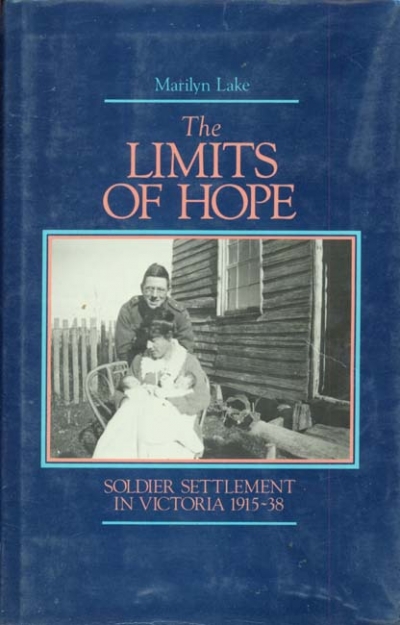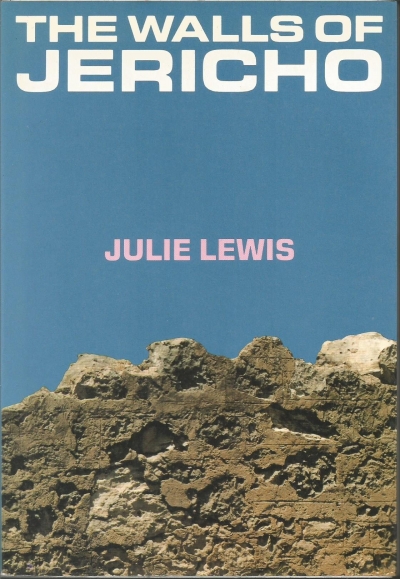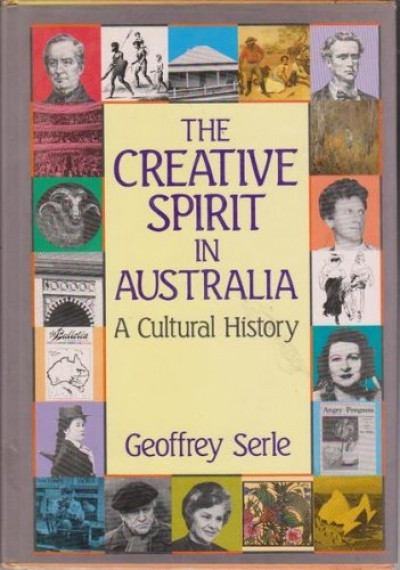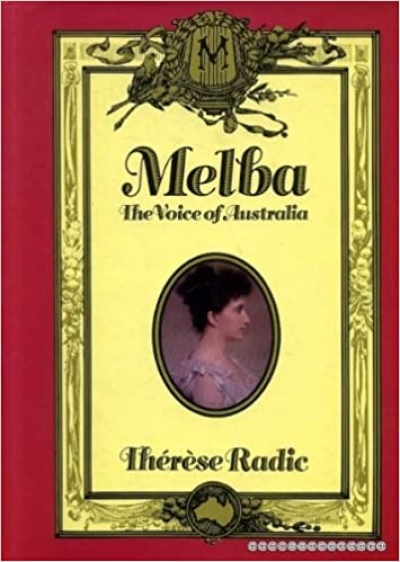Archive
The Limits of Hope: Soldier settlement in Victoria 1915–1938 by Marilyn Lake
by Jill Roe •
The Woodpecker Toy Fact and Other Stories by Carmel Bird
by Christina Thompson •
The Walls of Jericho by Julie Lewis & The Wild Dogs by Peter Skrzynecki
by Brenda Walker •
The Creative Spirit in Australia: A Cultural History by Geoffrey Serle
by Vane Lindesay •
The D Generation Bumper Book of Aussie Heroes by John Alsop, Santo Cilauro, Tom Gleisner, Andrew Knight, Rob Sitch, and Magda Szubanski
by Barry Dickins •










